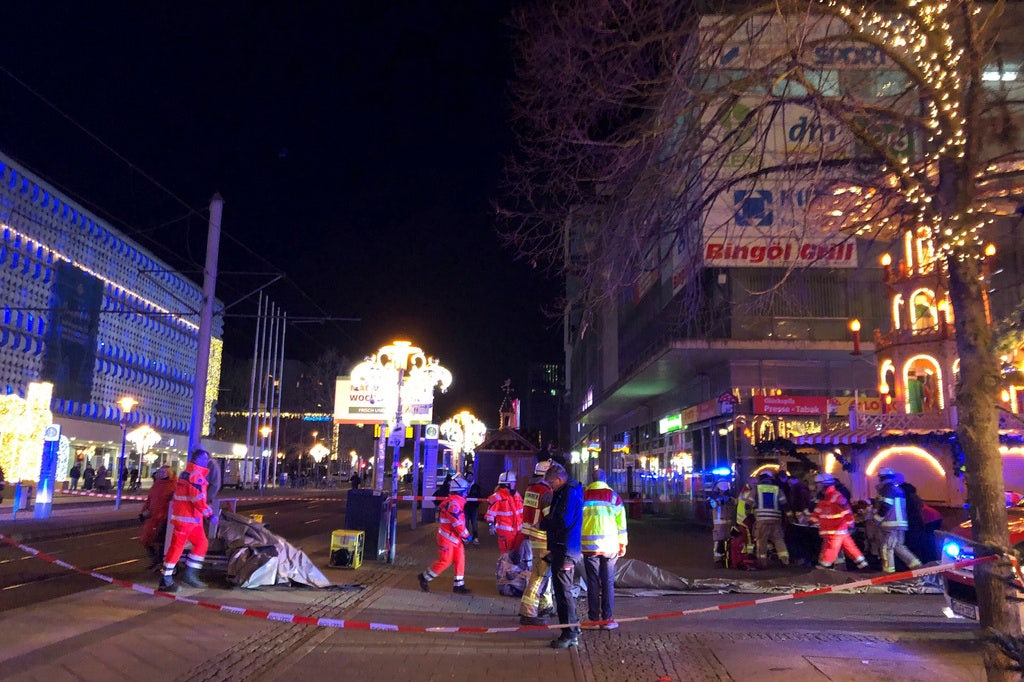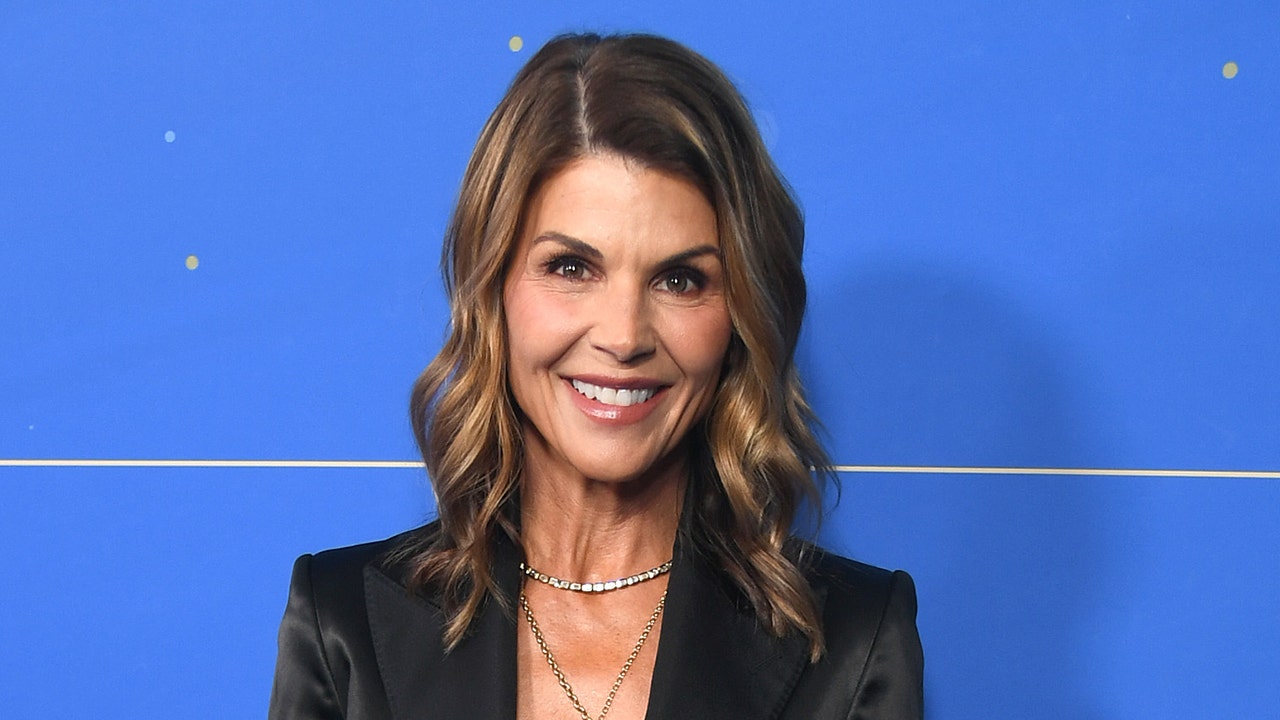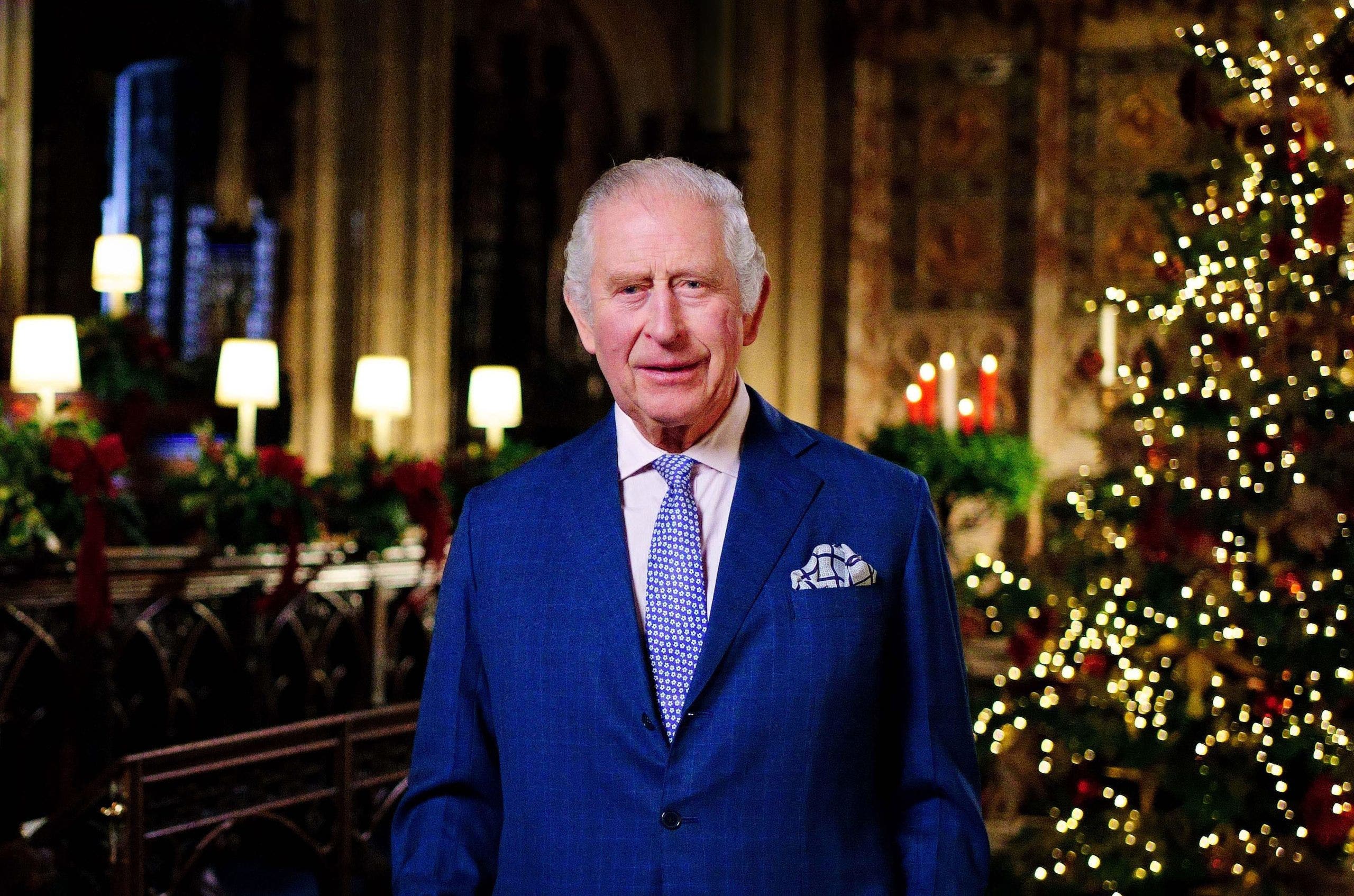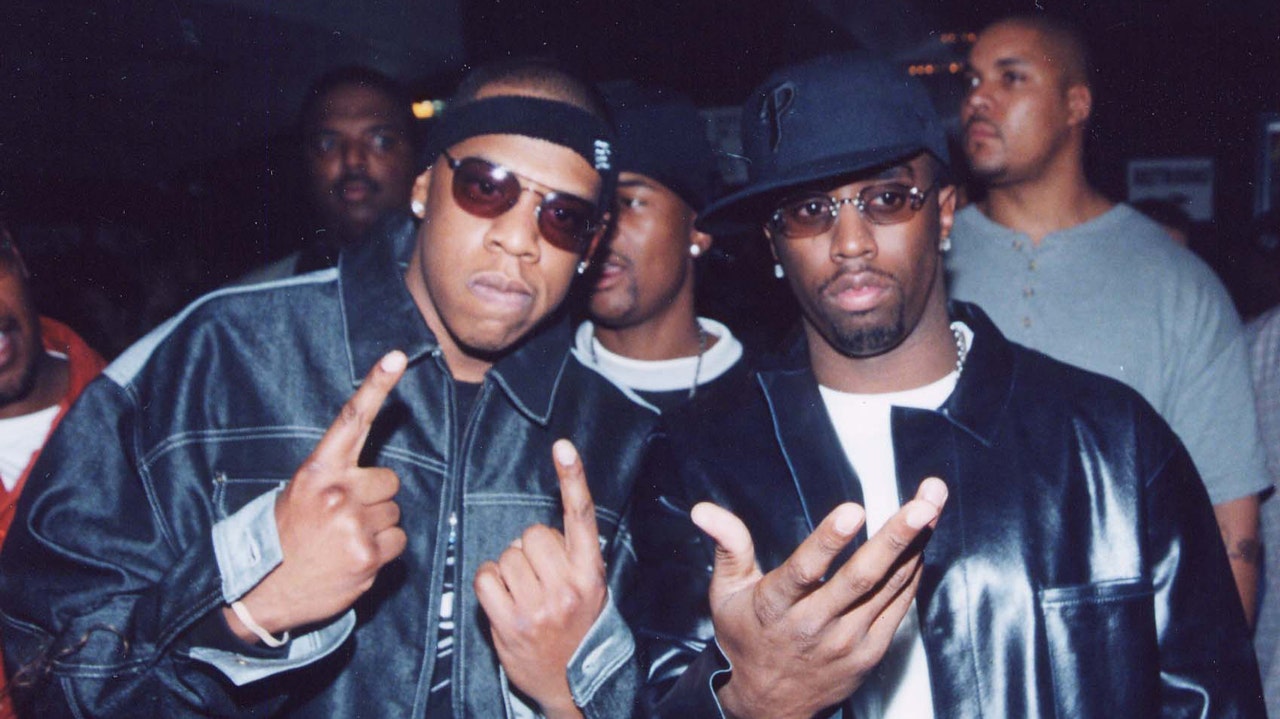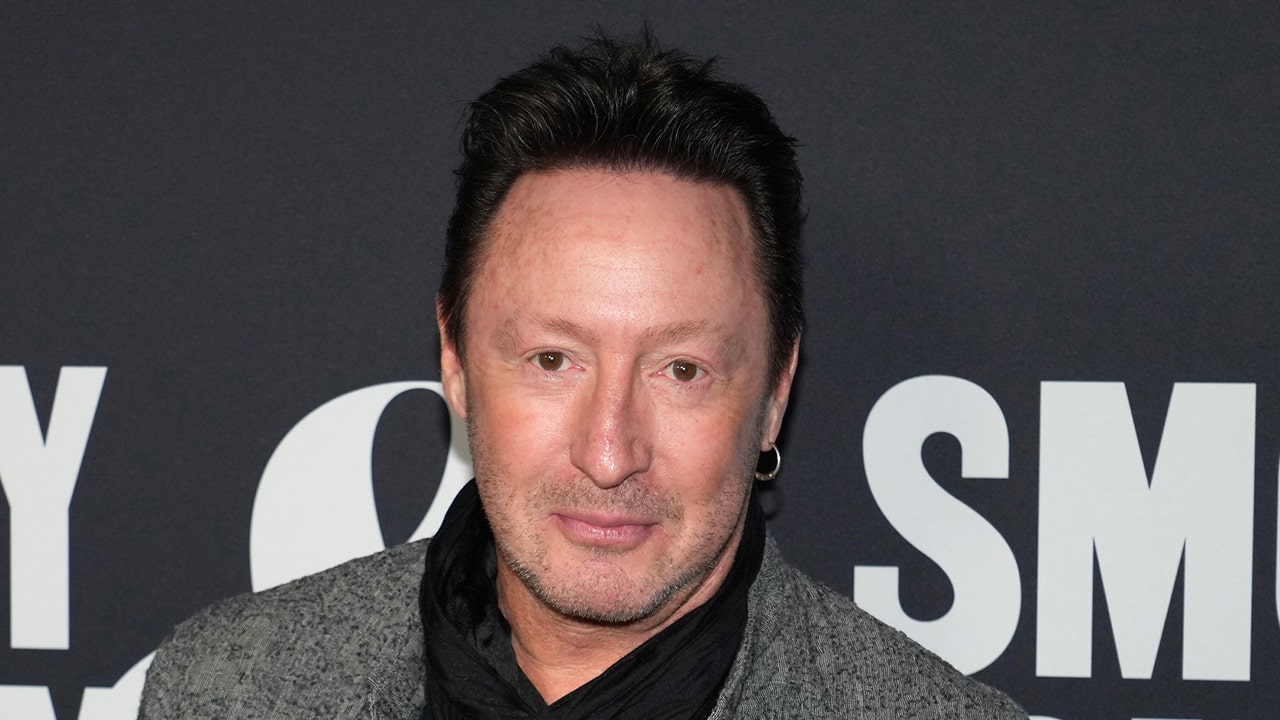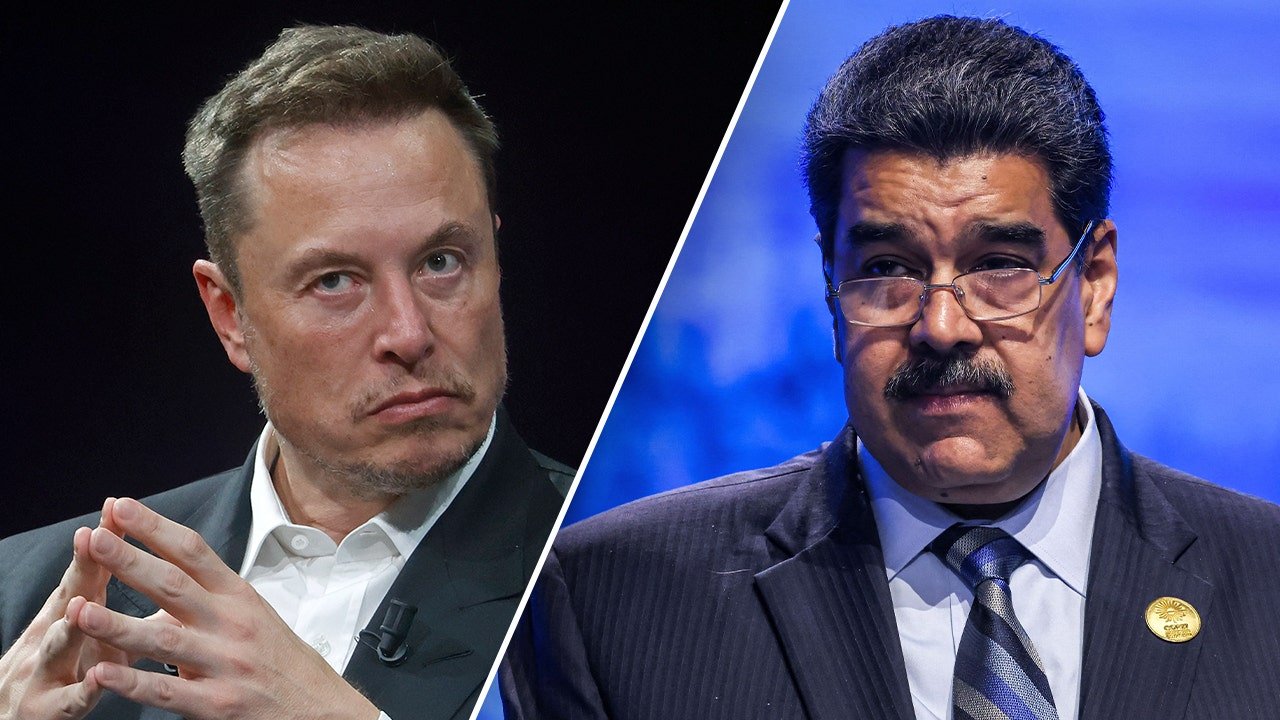A New Chapter in US-Venezuela Relations: The Clash of Titans
In the complex web of international politics, few stories capture public attention quite like the ongoing dynamic between the United States and Venezuela. Recently, a significant shift has taken place following the ousting of interim President Juan Guaido, leaving the door open for deeper analysis of Venezuelan President Nicolás Maduro’s contentious rhetoric. As tensions rise, one striking episode has emerged: Maduro’s declaration of war against prominent billionaire Elon Musk.
The Weight of Political Maneuvering
Maduro’s recent claim of winning the presidential election with over 50% of the vote has escalated scrutiny. For many observers, this victory raises questions about the election’s integrity. Skeptics argue that the Venezuelan electoral process is mired in allegations of corruption and manipulation. In a recent address, Maduro turned his attention to Musk, portraying him as his "arch-enemy," a label that highlights the intersection of technology, politics, and personal ego in today’s world.
"We’re not just talking about a business mogul or tech innovator," Maduro stated. "We’re discussing a figure who has the power to influence narratives and realities, even in sectors far removed from his own ventures."
Musk’s Reaction: A Voice from the Tech World
Elon Musk, the CEO of Tesla, X, and SpaceX, did not shy away from the heat of this unexpected conflict. With a mix of scorn and humor, Musk took to his platform, X, to respond to Maduro’s provocations. "El burro sabe más que Maduro," he humorously retorted, directly translating to "The donkey knows more than Maduro." This playful jab showcased Musk’s propensity for blending humor with serious commentary, highlighting the absurdity of the situation.
Musk’s social media presence serves as a powerful counter-narrative, one that resonates with many individuals who feel disillusioned with authoritarian regimes. By sharing videos of Venezuelans protesting against Maduro, he signals solidarity with those yearning for change. His statements about Caracas and the perceived state of its leadership reflect broader frustrations among global citizens.
A Battle Beyond Borders
Maduro’s escalation—as he accuses Musk of plotting an invasion with "space rockets"—is a narrative fueled by the paranoia that often pervades authoritarian governance. One cannot help but ponder the psychological ramifications of such rhetoric. By framing Musk as an enemy, Maduro diverts attention from pressing issues within Venezuela, skillfully pivoting the conversation to an external antagonist rather than the internal crises plaguing his administration.
Yet, amidst these dramatic statements lie veritable human stories. Venezuelans struggling under economic hardship face existential questions regarding their future. When powerful figures engage in feuds, these individuals remain at the periphery, often paying the price for the grandstanding of their leaders.
The Bigger Picture: International Implications
The implications of this clash extend beyond personal squabbles. U.S. Secretary of State Antony Blinken expressed "serious concerns" regarding the validity of the Venezuelan election results, a comment echoing sentiments held by numerous international observers. The election outcome remains hotly contested, prompting fears about what this could mean for the country’s future and for relations with the United States.
As Maduro solidifies his grip on power, will the international community be able to advocate effectively for the voices of the Venezuelan people? How much can social media sway public opinion when government narratives dominate the discourse? These queries linger, underscoring the interconnectedness of global affairs with grassroots movements.
Reflections on Leadership and Accountability
The challenges faced by both Maduro and Musk serve as reflections on leadership in the modern world. Musk, with his vast resources and technological innovations, represents a new breed of influence—capable of shifting narratives and striking chords of empathy. In contrast, Maduro’s authoritarian stance acts as a reminder of the perils of power unchallenged.
As these narratives unfold, one must question: What does it mean for leadership to take accountability in today’s rapidly changing landscape? The answers may vary, but the conversations they spark are vital. They reveal the essence of human resilience and the ongoing struggle for dignity, freedom, and truth in a world that often values other priorities.
With each tweet, each speech, and each action taken by these leaders, the stage is set for a profound dialogue—one that not only informs us about power dynamics but also reminds us of the shared human experience that binds us all.




